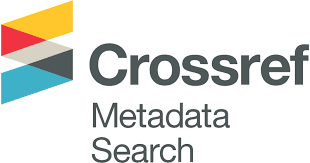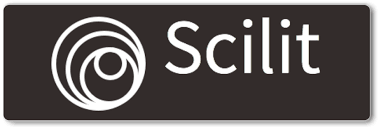Publication Ethics
What is Publication Ethics?
Publication ethics are guidelines that must be adhered to when disseminating the findings of scientific research or other scholarly work. These standards safeguard intellectual property and prohibit the unauthorized re-publication of another person's work without appropriate acknowledgement.
Importance of Publication Ethics
The importance of publication ethics in scientific research is as follows:
-
Maintaining integrity: Adhering to ethical standards ensures that research findings are accurate, reliable, and trustworthy, which is crucial for advancing knowledge and building on previous work.
-
Protecting intellectual property: Ethical guidelines help prevent plagiarism and unauthorized use of others' work, safeguarding the rights of authors and creators.
-
Ensuring fairness: Ethical publication practices promote fairness in the evaluation and dissemination of research, preventing biases and conflicts of interest from influencing the process.
-
Building trust: Adhering to ethical standards builds trust among researchers, readers, and the public, enhancing the credibility and reputation of scholarly publications and the academic community as a whole.
-
Promoting transparency: Ethical publication practices encourage transparency in reporting research methods, results, and potential conflicts of interest, contributing to the overall quality and reliability of scholarly work.
Responsibilities of authors
-
The research being reported should have been conducted ethically and responsibly and should comply with all relevant legislation.
-
Researchers should present their results, honestly, and without fabrication, falsification or inappropriate data manipulation.
-
Researchers should strive to describe their methods clearly and unambiguously so that their findings can be confirmed by others.
-
Researchers should adhere to publication requirements that the submitted work is original, is not plagiarised, and has not been published elsewhere.
-
Authors should take collective responsibility for submitted and published work.
-
The authorship of research publications should accurately reflect individuals’ contributions to the work and its reporting.
-
Funding sources and relevant conflicts of interest should be disclosed.
Responsibilities of Reviewer in peer-review
-
Evenness: Honest, critical assessment of the research.
-
Confidentiality: The manuscript for review is privileged information that the reviewer should never disseminate. A reviewer may only invite a colleague to assist him or her with the review if he or she has obtained approval from the editor or the editorial assistant.
-
Plagiarism: A reviewer should not participate in plagiarism of unpublished information.
-
Conflict of Interest: The reviewer must avoid, or disclose, any conflicts of interest.
-
Expertise: A reviewer should accept manuscripts for review only in his areas of expertise.
-
Punctuality: A reviewer should agree to review only those manuscripts that can be completed on time.
-
Ethical Concerns: The reviewer is responsible for reporting suspected duplicate publication, fraud, plagiarism, or ethical concerns about the use of animals or humans in the research.
-
Nobility: A reviewer should write reviews in a collegial, constructive manner.
Responsibilities of Editors
-
Editors are accountable and should take responsibility for everything they publish.
-
Editors should make fair and unbiased decisions independent from commercial considerations and ensure a fair and appropriate peer review process.
-
Editors should adopt editorial policies that encourage maximum transparency and complete, honest reporting.
-
Editors should guard the integrity of the published record by issuing corrections and retractions when needed and pursuing suspected or alleged research and publication misconduct.
-
Editors should pursue reviewer and editorial misconduct.
-
Editors should critically assess the ethical conduct of studies in humans and animals.
-
Peer reviewers and authors should be told what is expected of them.
-
Editors should have appropriate policies in place for handling editorial conflicts of interest.












